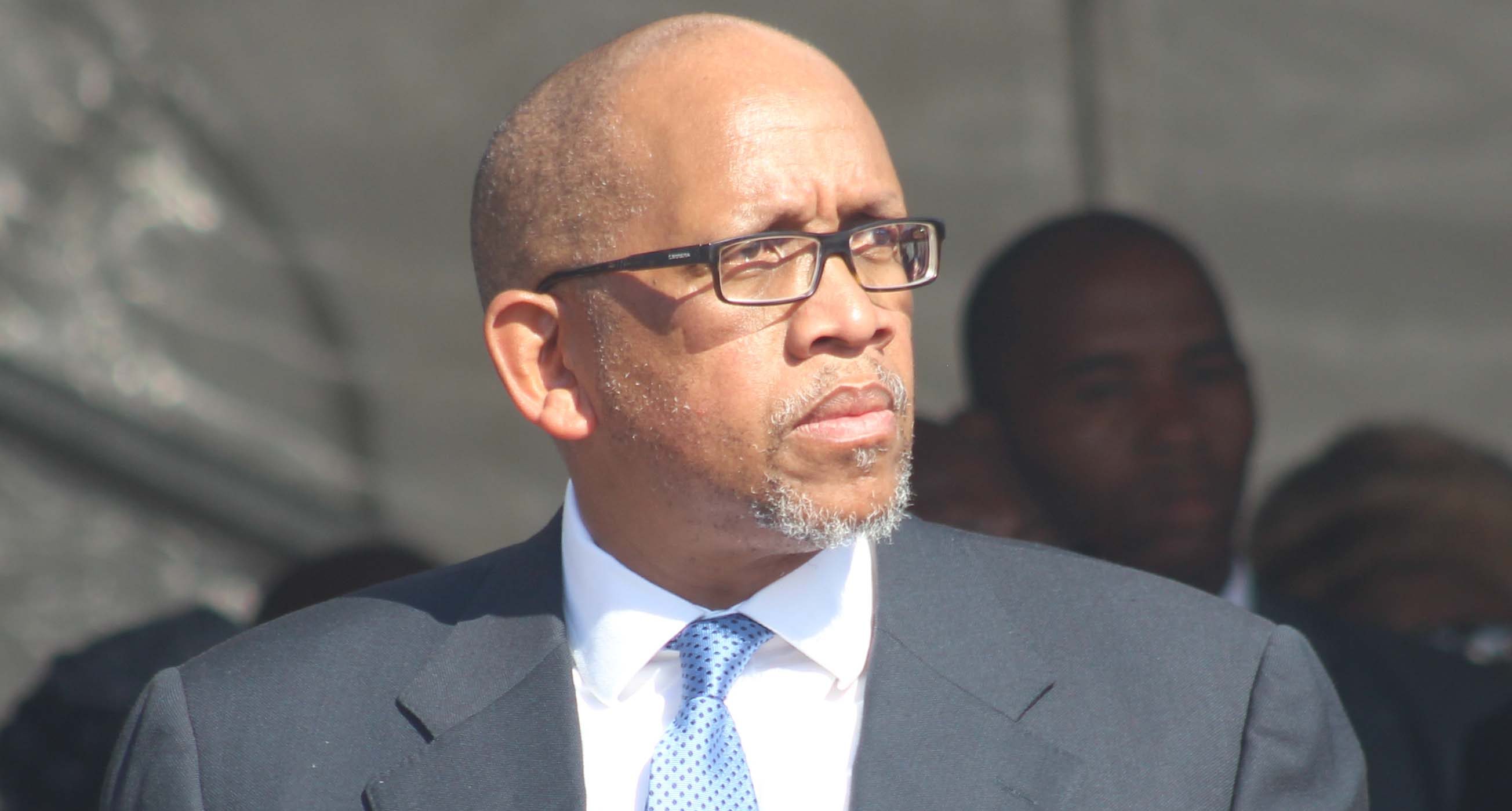
’Marafaele Mohloboli
PRINCE Seeiso Bereng Seeiso was voted out of the presidency of the Senate by most chiefs to quell the perception that the upper house is only the domain of chiefs.
This is according to Thaba-Bosiu Principal Chief Khoabane Theko, who also said they elected ’Mamonaheng Mokitimi to the Senate presidency on Tuesday to revamp the upper house and ensure it addressed national issues.
For his part, Prince Seeiso Bereng Seeiso accepted the outcome of the election, adding that it was part of democracy.
The Matsieng principal chief faced off with Dr Mokitimi and former Senate deputy president Futho Hoohlo during Tuesday’s special Senate meeting.
Dr Mokitimi won the election after garnering 13 votes, with Prince Seeiso Bereng Seeiso and Mr Hoohlo tied at nine votes each.
Mr Hoolho was also beaten in the vice-presidency election by All Basotho Convention Deputy Secretary-General Tšepo Monethi, who had 20 votes to the former’s 11.
Apart from electing the upper house’s president and vice-president, senators were also sworn-in during the special Senate meeting.
Tsukutlane Au, Kotiti Liholo, Lebohang Hlaele, Mokoto Hloaele, Qajela Lebona, Rethabile Marumo, ‘Mampho Mokhele, ‘Makholu Moshoeshoe, ‘Mamotsie Motsie and Ntoi Rapapa were elected as senators.
Mr Au was yesterday sworn-in as Home Affairs minister, Mr Hloaele (Energy and Meteorology), Ms Mokhele (Police and Public Safety), Mr Hlaele (Law and Constitutional Affairs) and Ms Motsie (Tourism, Environment and Culture).
Deputy ministers were also sworn-in, with Kotiti Diholo being reappointed to the Local Government and Chieftainship ministry, Prof Rapapa (Education and Training) and Ms Marumo (Gender and Youth, Sports and Recreation).
Lesotho has a bicameral parliamentary system, with two legislative bodies or chambers. The first of these bodies is the National Assembly, which comprises elected members of parliament and proportional representative legislators.
The second of these bodies is the Senate, constituted by 22 principal chiefs and 11 members nominated by His Majesty and acting on the advice of the Council of State.
While the Senate’s powers appear limited, the body is, however very powerful as it can block legislation passed by the National Assembly.
The date for the special Senate meeting had been postponed three times before, at the 11th hour, amid allegations the delay was meant to allow the coalition government to weigh in on the candidate for the presidency.
It was initially scheduled for 21 June 2017, before being abruptly postponed to 29 June 2017. That date was also changed at the 11th hour to 4 July 2017 before being postponed again to Tuesday this week.
The special meeting is normally held a week after the National Assembly’s first meeting to enable the appointment of ministers and deputy ministers chosen from the upper house.
Dr Thabane was inaugurated on 16 June 2017, with 22 ministers and four deputy ministers sworn-in a week later from the National Assembly.
Chief Theko told the Lesotho Times in an interview yesterday that most chiefs opted to vote Prince Seeiso Bereng Seeiso out of the Senate presidency to revamp the upper house.
“We ousted him because we wanted to save ourselves as chiefs from the perception that we are merely being accommodated in the Senate,” the Thaba-Bosiu principal chief said.
“Whereas, in actual fact, the Senate is a national house that has to benefit the majority of the population and not just the chiefs as most people think. It would have been greedy of us to have him (Prince Seeiso Bereng Seeiso) reinstated and by so doing, we saved him from himself as well.”
Chief Khoabane said it was high time the Senate became more “vibrant” and addressed national issues.
“One of our priority areas will be to advocate for the augmentation of the Senate with people having expertise and not just from the pool of chiefs.
“We elected Dr Mokitimi to that position because we believe she has the experience and know-how to address the areas where the upper house is lacking.
“We would really be disappointed if she did not live up to our expectations. We would regret the day we elected her because there is so much that needs to be done including implementing the envisaged constitutional and legislative reforms.”
For his part, Prince Seeiso Bereng Seeiso accepted the outcome of the election, saying it was part of the democratic process.
“I don’t have much to say except that the election was part of the democratic process,” he said.
“We also need to find means to develop Lesotho as a country beyond the election as I feel that there is still a lot that needs to be done for the benefit of the people.
“Lesotho should be a better place for all. We should leave behind a legacy that will forever be cherished in our nation.”

